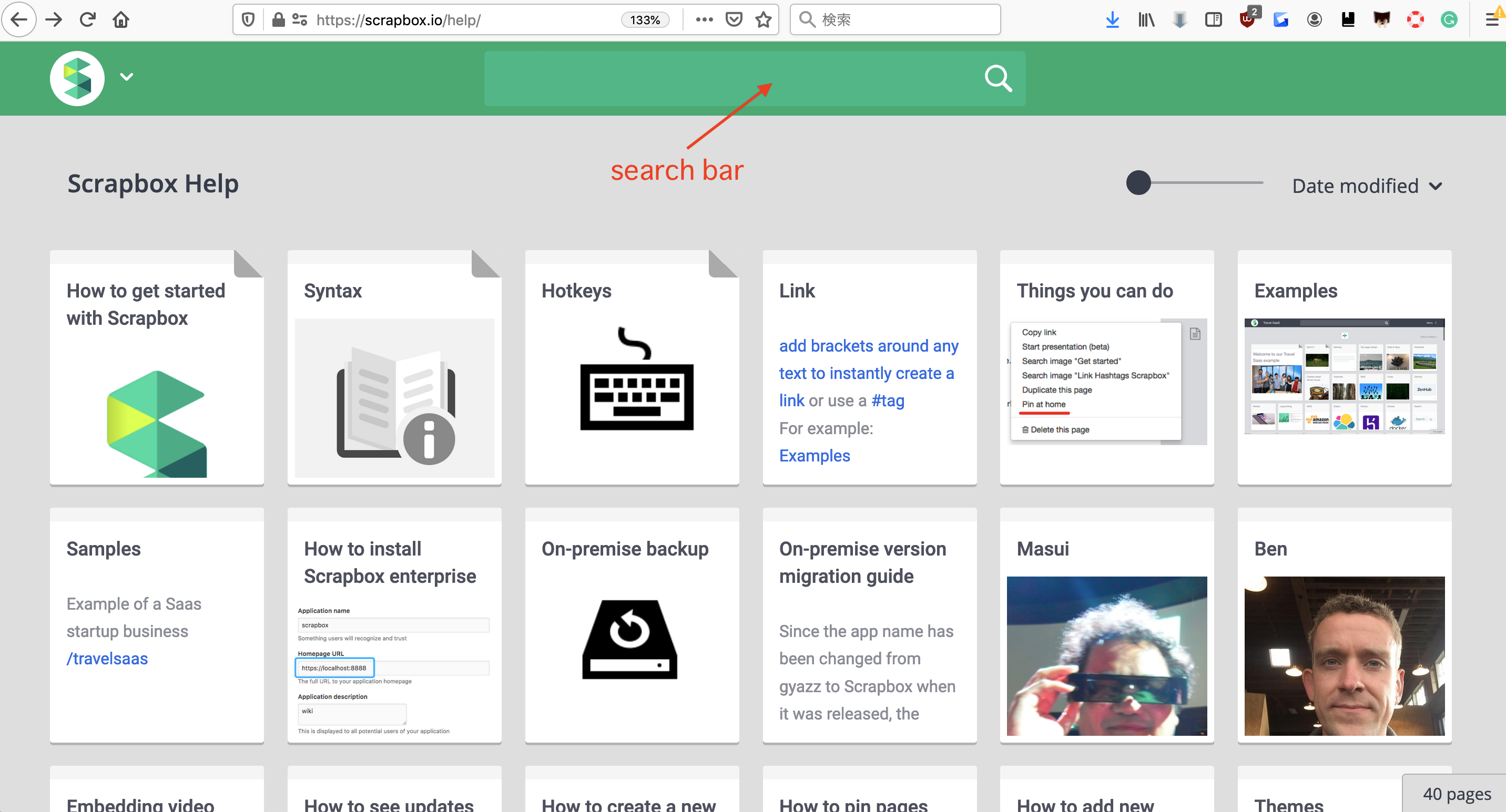

Now Ulysses allows to assign OS X tags to such notes so that I can find them from outside the application (e.g. Ulysses reads from this folder as an ‘external source’ so I can also see all my NValt notes in Ulysses (in addition to Ulysses own notes). For example, all my NValt notes are stored as plain text files in a folder called “Notes”. The latest version of Ulysses allows assigning tags to notes that are stored outside of its library. That’s why I was so disappointed with Papers3 which complicated assigning system-wide tags to scienfitic articles. That’s why there is a premium on system-wide tagging systems such as OpenMeta which is now merged into OSX Mavericks tags. However, academics often need system-wide tags working accross multiple file types: pdf-documents, plain text notes, presentations, emails, etc. However, Ulysses lacked good capacity to effectively manage reference notes, which may be used for several projects including those that don’t yet exist and are more logically organized by tags or keywords.īefore the latest update, Ulysses’ native keywords could only be assigned to its own internal notes and used only from within the application. on teaching or publications) because it can organize its sheets by hierarchical folders corresponding to work areas and projects. Ulysses III has already been great for taking project notes (e.g. This brings the Ulysses’ value for academics to an entire new level.
#Nvalt name change to all note links mac#
I wound up using a simple utility ( File Date Changer Version 5) from the Mac App Store to do it for me.Ulysses III has recently had an important update. Unfortunately, it turns out that the Mac keeps separate file-modification metadata that's used in the Finder (and in The Archive) my script doesn't alter that. That makes sense, of course, but I like to keep my notes in rough chronological order, so I tried to set the file modification dates to the file creation date (since I only rarely edit a note once I write it). I added the last section (beginning with the first reference to fileStats) because I realized too late that appending all those tags immediately changed the file modification date for every note that I altered. I used the three lines beginning prefix = filename to create the keys for tag_dict, which I then inserted earlier in the script, assigning new tags. NOTE_PATH = File.join(CURRENT_PATH, "Notes")ĭir.glob(File.join(SOURCE_PATH, "*#', (create_time, create_time))Īs I often do with one-time scripts, I built it out in stages. If your notes are in ~/Documents/Notes, create a Ruby file in ~/Documents/tag_convert.rb: #!/usr/bin/env rubyĬURRENT_PATH = File.expand_path(File.dirname(_FILE_))

I never suffered from not converting all the things into a new format I came up with. Fixing things as you go proved to be a suitable tactic for most changes to my notes so far. You can always place them elsewhere later. I suggest you start with a simple script that reads the file tags and simple appends the #hashtags at the end of the file. The nvALT tag converter I wrote doesn't try to be clever about finding a location. Hmm, shouldn't be too hard - but that depends on the content of your notes! I don't really need to change the filenames - I can leave that as-is, but I'd like to apply hashtags to notes based on the codes in the filenames.

Javascript would be OK too, with a sufficiently step-by-step guide - I don't know JS, but I can blunder my way through a tutorial, for example. Solutions using Python, KeyboardMaestro or AppleScript preferred.
#Nvalt name change to all note links archive#
After reading some of the discussion here, I've decided to convert these to #hashtags within the note body text, whether I stick with nvAlt or switch to The Archive indefinitely.Īny suggestions for doing this in bulk? I have about 1,400 notes so far, so I'd rather not do it manually. Also, they make the rest of the filenames (note title + a date/time stamp) less readable.
However, these turn out to not be as useful as I expected. I also have some one-letter hashtags that provide another layer of categorization (#f for financial, for example). Files beginning with !qt are quotes, while !lg are log entries of various kinds, !cn is for notes from calls or conversations, and so on. I've been using codes in my note filenames to roughly categorize them. I am trying The Archive, and quite enjoying it so far after a long time using nvAlt.


 0 kommentar(er)
0 kommentar(er)
